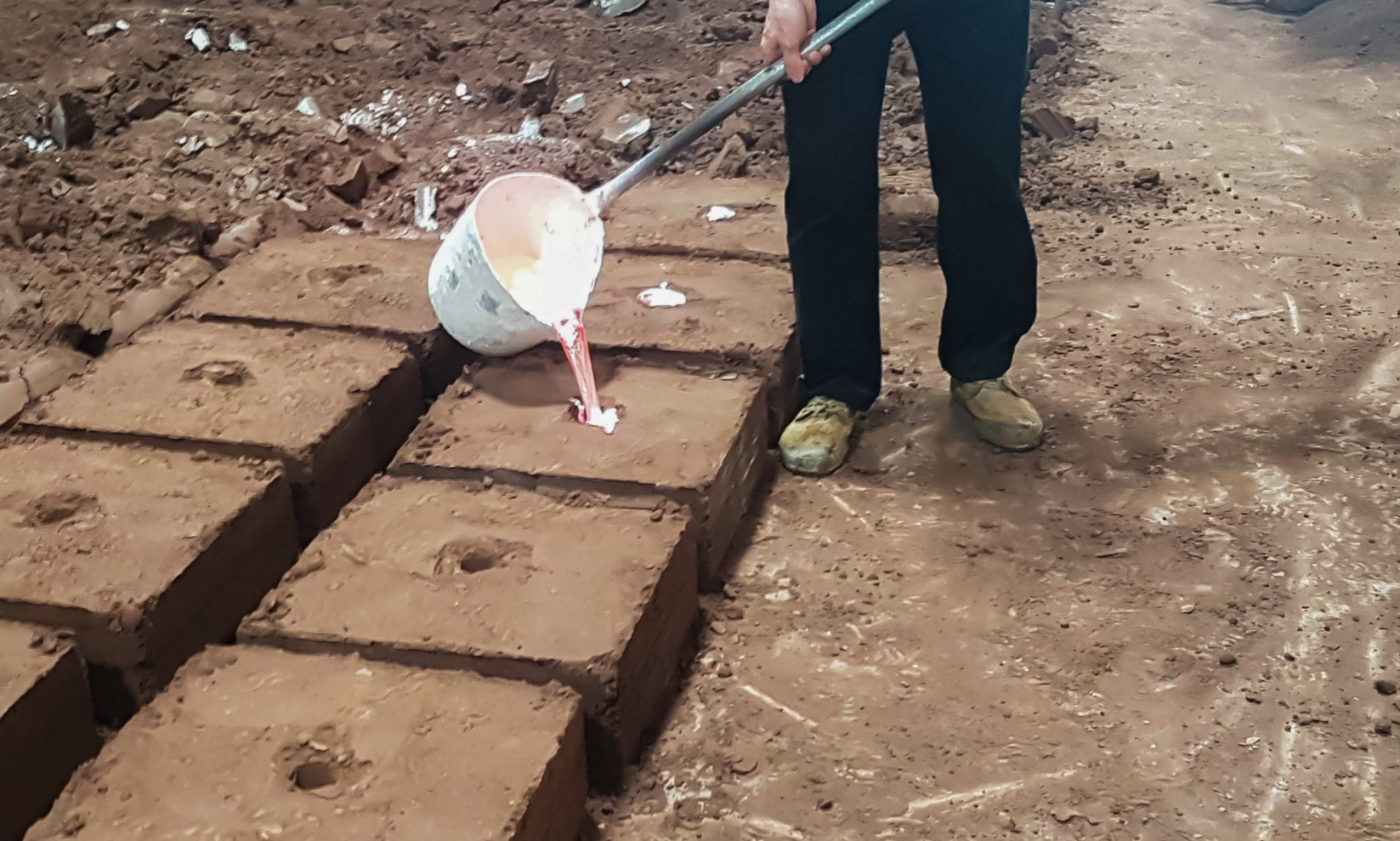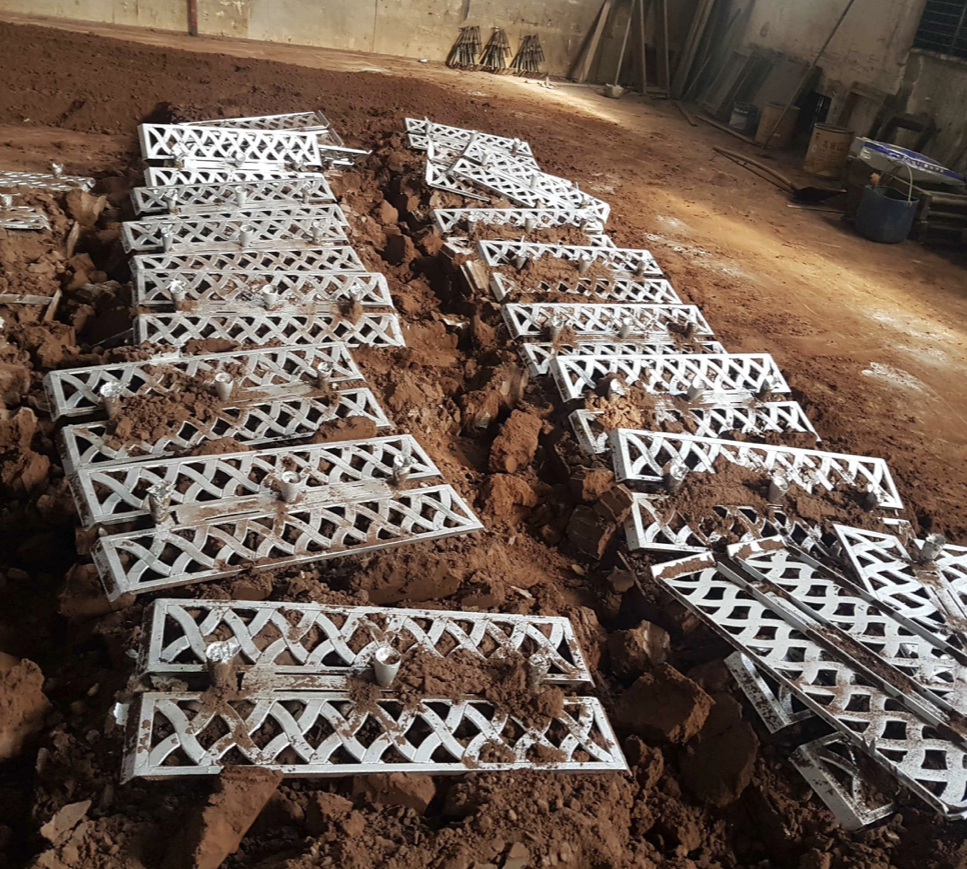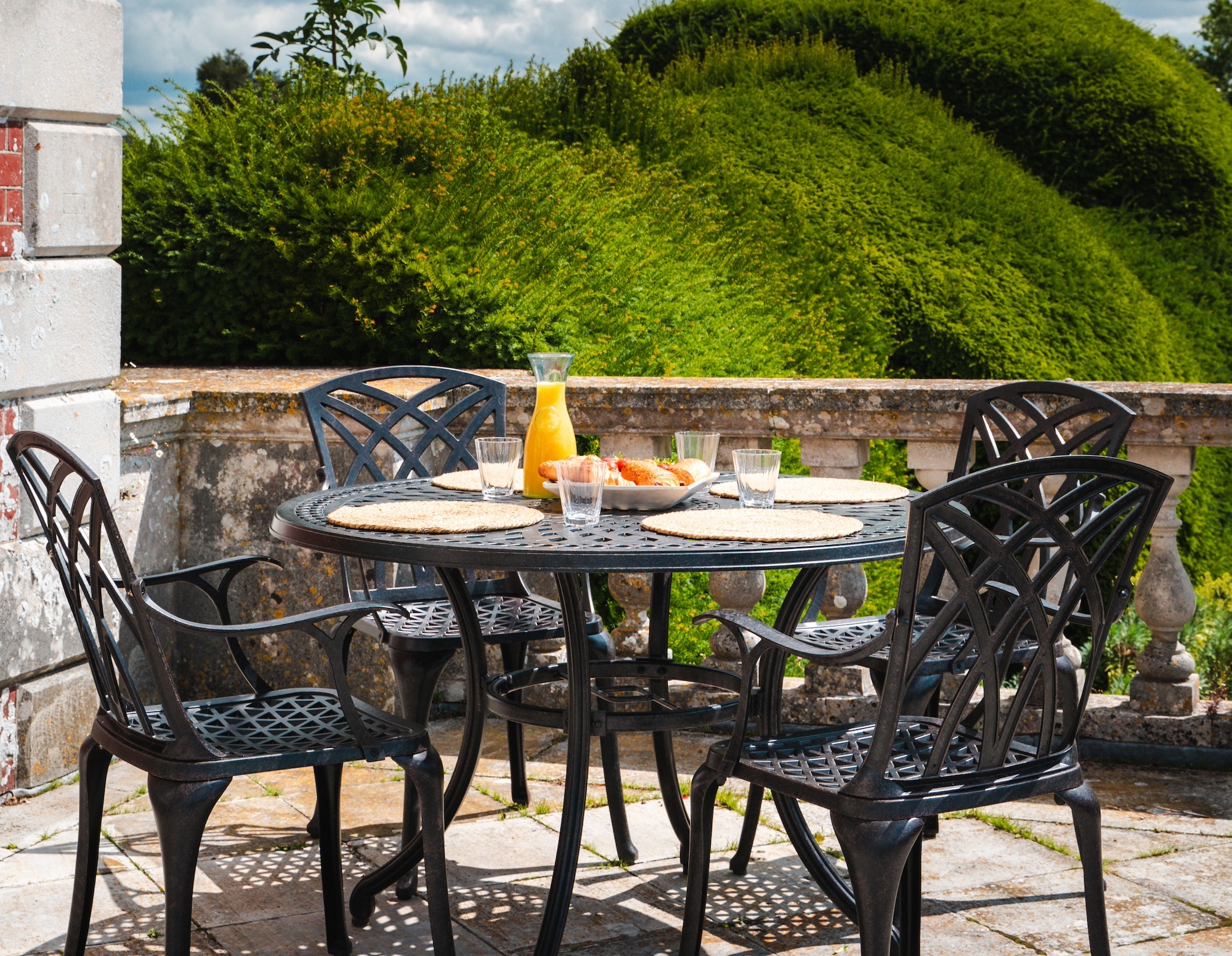This is a tricky question to answer as there is no right or wrong answer. Opinions are subjective and interpretations (in terms of the perceived pros and cons of iron and aluminium) play a significant role.
As a business, we are free to express our opinions, perspectives, or preferences without it being right or wrong. This could be viewed as bias with regard to garden furniture, after all, we chose to build our collection in cast aluminium not cast iron.
However, we do try to be objective in our blog articles, and we don’t hide from the fact that there is no such thing as the perfect-all-boxes-ticked material.
Even in subjective matters such as establishing if cast aluminium is better than cast iron, we can look at the compromises, evaluate and discuss various points of view.
We provide the facts or criteria for purchasing as we see them but the consumer is always open to choosing the garden furniture that is best for them (in terms of look, material, style, function, etc) and that fits best with how they like to use their outside space (BBQ'ing, dining, relaxing, etc).
What is the difference between cast aluminium and iron?

First, let us define what we mean by cast aluminium and iron. The production process is much the same, whereby molten metal is poured into a mould or cast. The difference is the raw material used:
- Cast Aluminium
Cast aluminium refers to alloys that are formed using the aforementioned casting process. Molten aluminium is poured into a mould or cast and allowed to solidify to the desired shape. Aluminium casting can be achieved through various methods, including sand casting (the method we predominantly use), die casting, and investment casting. The choice of casting method depends on factors such as the complexity of the part, the desired surface finish, and the volume of production. Aluminium is a naturally corrosion-resistant metal and even when raw (i.e. not coated or painted) it does not rust like iron. That said, it can still corrode, whereby a thin, protective layer will form on the surface when it is exposed to oxygen. This layer protects the metal and helps prevent further corrosion and we looked at this in more detail in our Why buy cast aluminium garden furniture for Summer 2024 post. - Cast Iron
Cast iron is a group of iron-carbon alloys with a carbon content greater than 2%. The name is derived from the casting process, whereby molten iron is poured into a mould and allowed to solidify. The high carbon content makes cast iron hard but it can be brittle compared to cast aluminium. Cast iron is known for its classic and timeless style, and it often features intricate designs and detailed metalwork. Pieces are heavy and durable but they will require regular maintenance such as painting to prevent them from rusting. When fully protected it is sturdy and can withstand all weather conditions. Regular cleaning, a yearly application of a speciality rust-resistant metal paint, and storing the furniture indoors during bad weather will help to preserve its appearance and functionality.
Both are popular choices, both can be used to produce intricate shapes ideal for garden furniture, and both have a long history of production and use in the UK.
However, they are different, and how they perform when left outside is different.
When it comes to choosing between cast aluminium and cast iron, various factors, including your specific needs, preferences, and the intended use of the material, need to be carefully considered.
What are the advantages of cast iron and cast aluminium?

Both cast aluminium and cast iron have their own set of advantages and things you consider to help make a more informed purchase decision:
The advantages of cast aluminium garden furniture:
- Weight
Cast aluminium is lighter than cast iron, making it easier to pick up and move. - Corrosion Resistance
Aluminium does not rust, providing better corrosion resistance compared to cast iron. - Low Maintenance
Cast aluminium requires less maintenance, as it does not need painting or sealing to keep it weather-resistant. - Temperature Control
Aluminium heats up and cools down relatively quickly, making it more comfortable to touch in extreme temperatures. - Design Flexibility
Aluminium can be easily moulded into intricate designs, allowing for a variety of styles and patterns.
Things you need to consider before you buy cast aluminium:
- Strength
Whilst very strong, cast aluminium is not as heavy-duty as cast iron. It may not be as suitable for very heavy loads and it is more likely to blow over in high winds. - Cost
Cast aluminium furniture is often more expensive than cast iron, however, the lack of ongoing maintenance offsets the initial investment.
The advantages of cast iron garden furniture:
- Durability
Cast iron is known for its durability and strength, making it suitable for heavy-duty applications. - Style
Cast iron has a classic and timeless heritage in the UK, making it a popular choice for traditional designs. - Weight
The heaviness of cast iron provides greater stability, making it less likely to tip over in windy conditions but more difficult to move.
Things you need to consider before you buy cast aluminium:
- Rust
Cast iron is susceptible to rust if not properly maintained. It requires regular painting or coating to protect it from corrosion and keep it weatherproof. - Weight
While the weight can be an advantage for stability, it can also be a disadvantage when it comes to portability and ease of rearranging your patio. - Maintenance
Cast iron requires more maintenance, including periodic cleaning with specialist products and painting and sealing to prevent rust.
In summary, both cast aluminium and cast iron have their merits, and the better choice depends on your specific needs and preferences.
If you prioritise lightweight, corrosion resistance, and low maintenance, then cast aluminium might be the better option.
If you value greater weight and stability, and you are willing to invest more cost and effort in maintenance, then cast iron could be the perfect choice for your outside space.
You can shop the full Lazy Susan Cast Aluminium collection for Summer 24 here.
If you have any photos of your new cast aluminium garden furniture from Lazy Susan, we’d love to see a few for our Do Some Good charity campaign. You can tag us @LazySusanFurniture on Instagram or Facebook or Upload Here.




